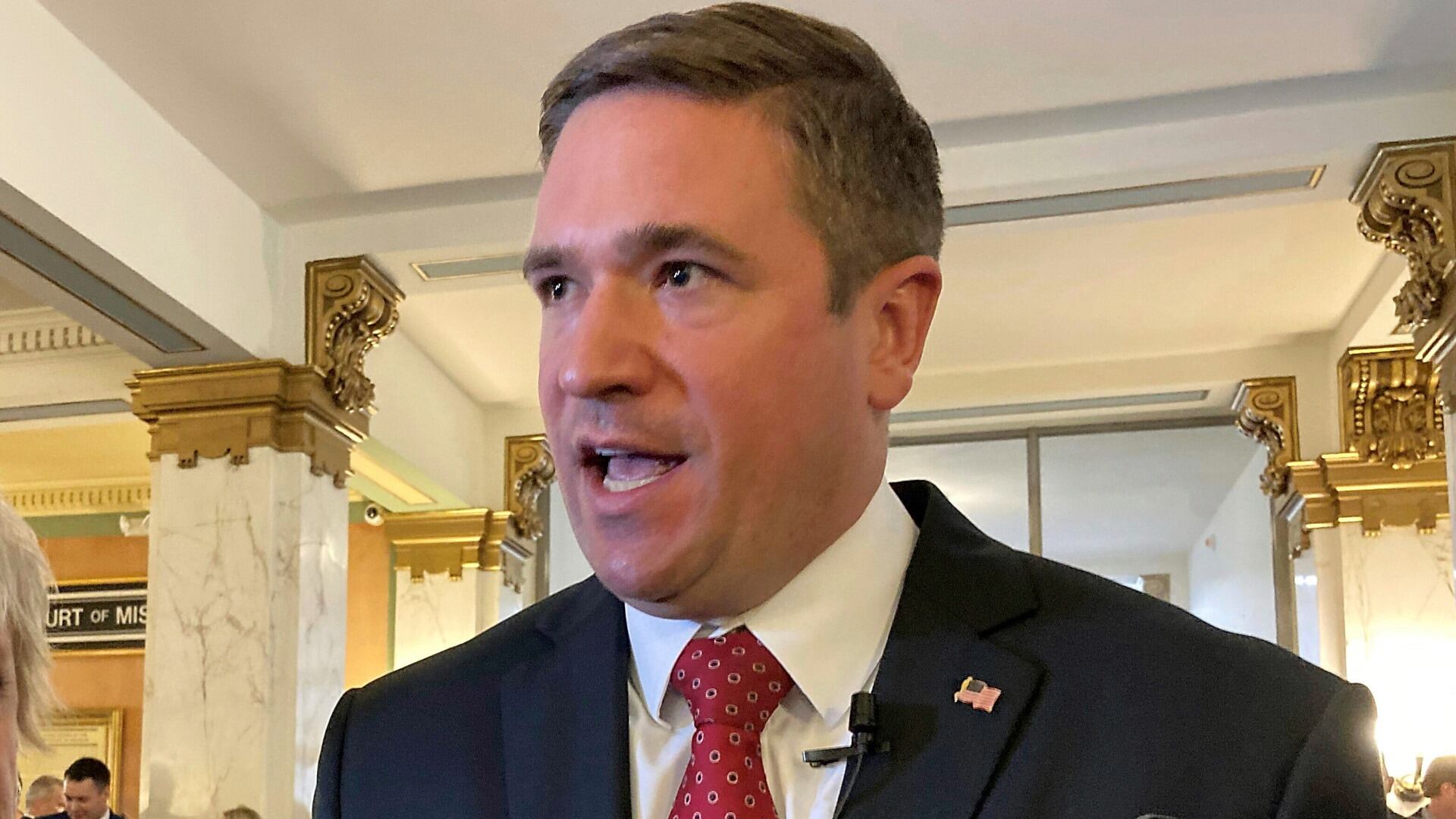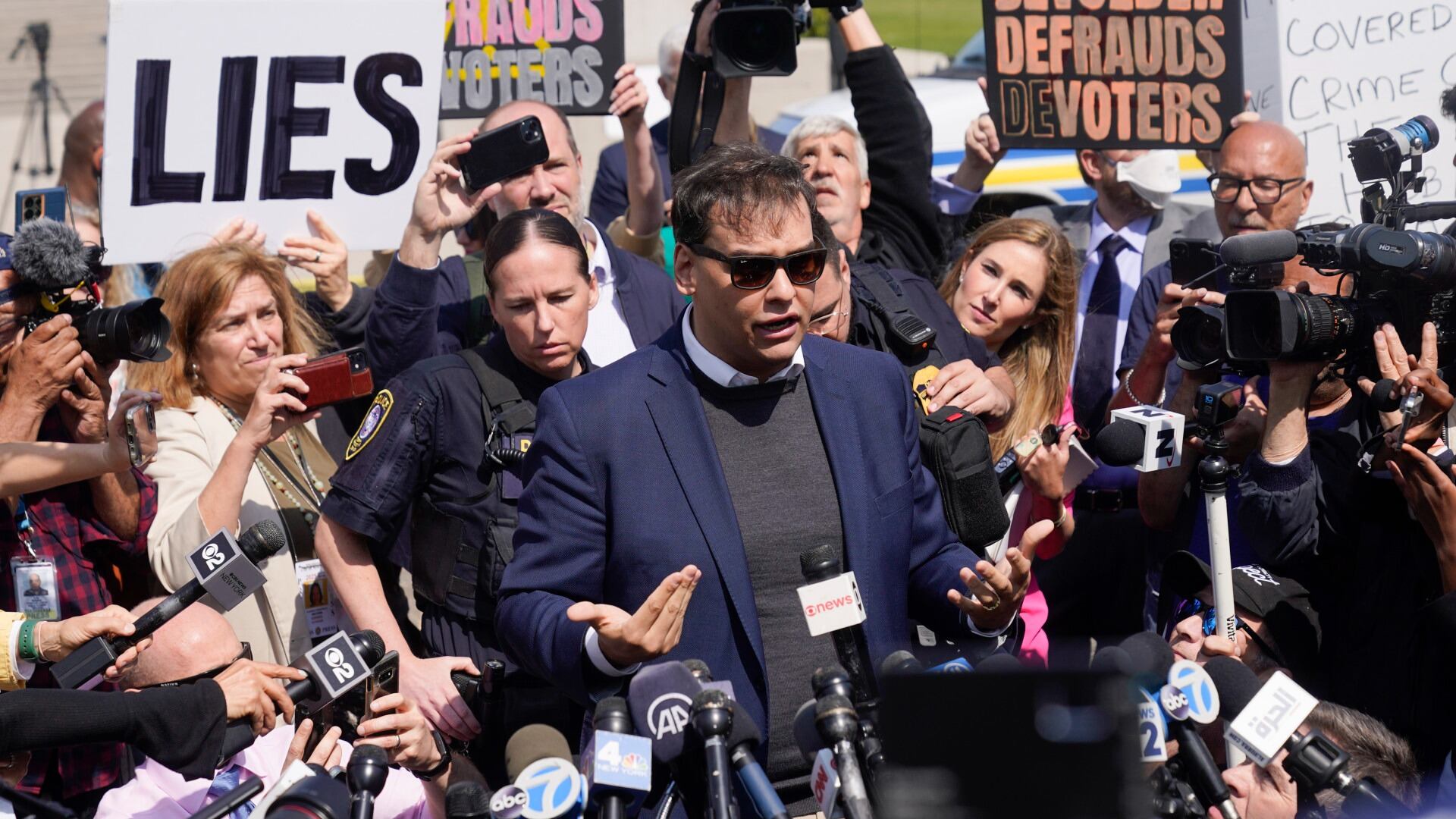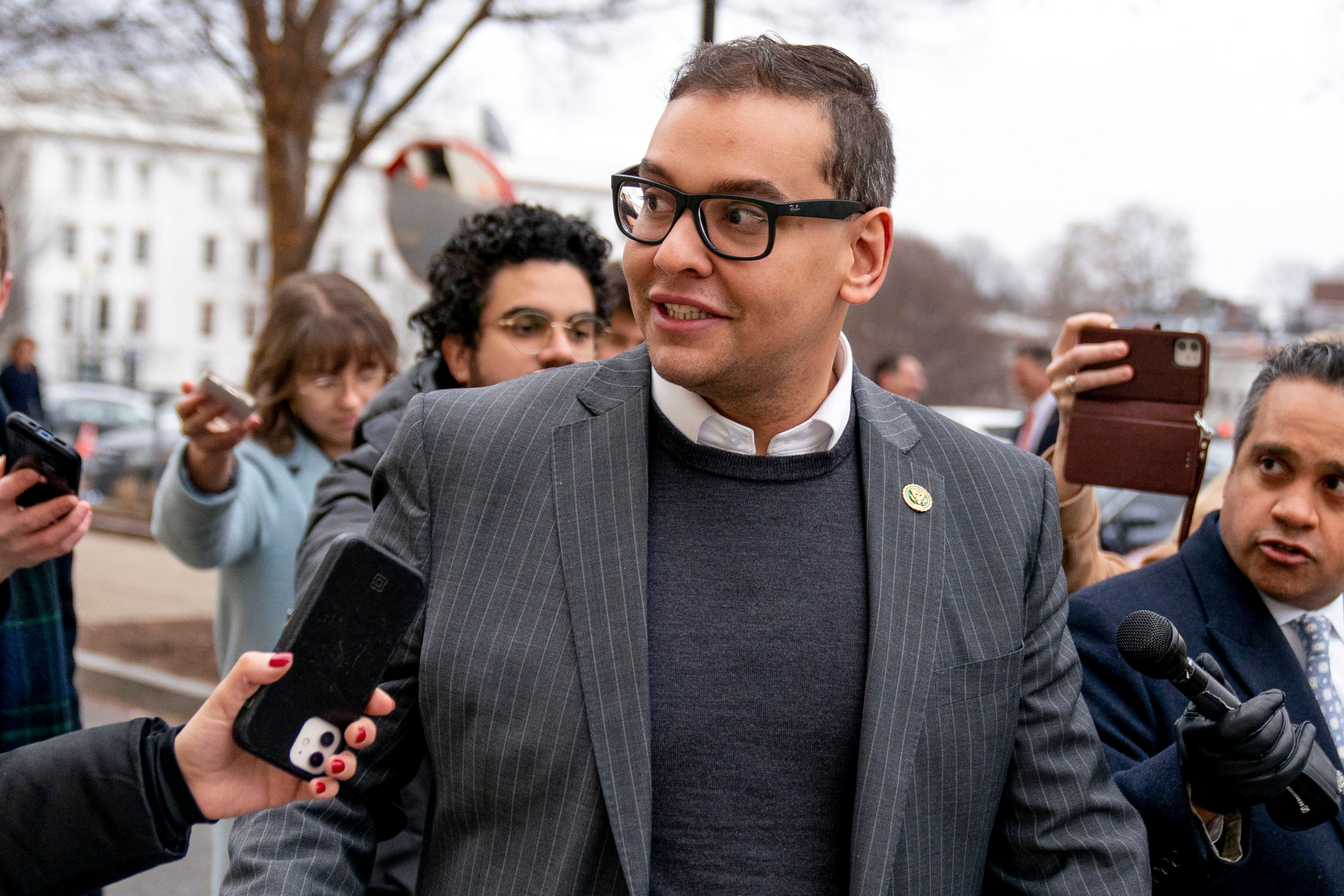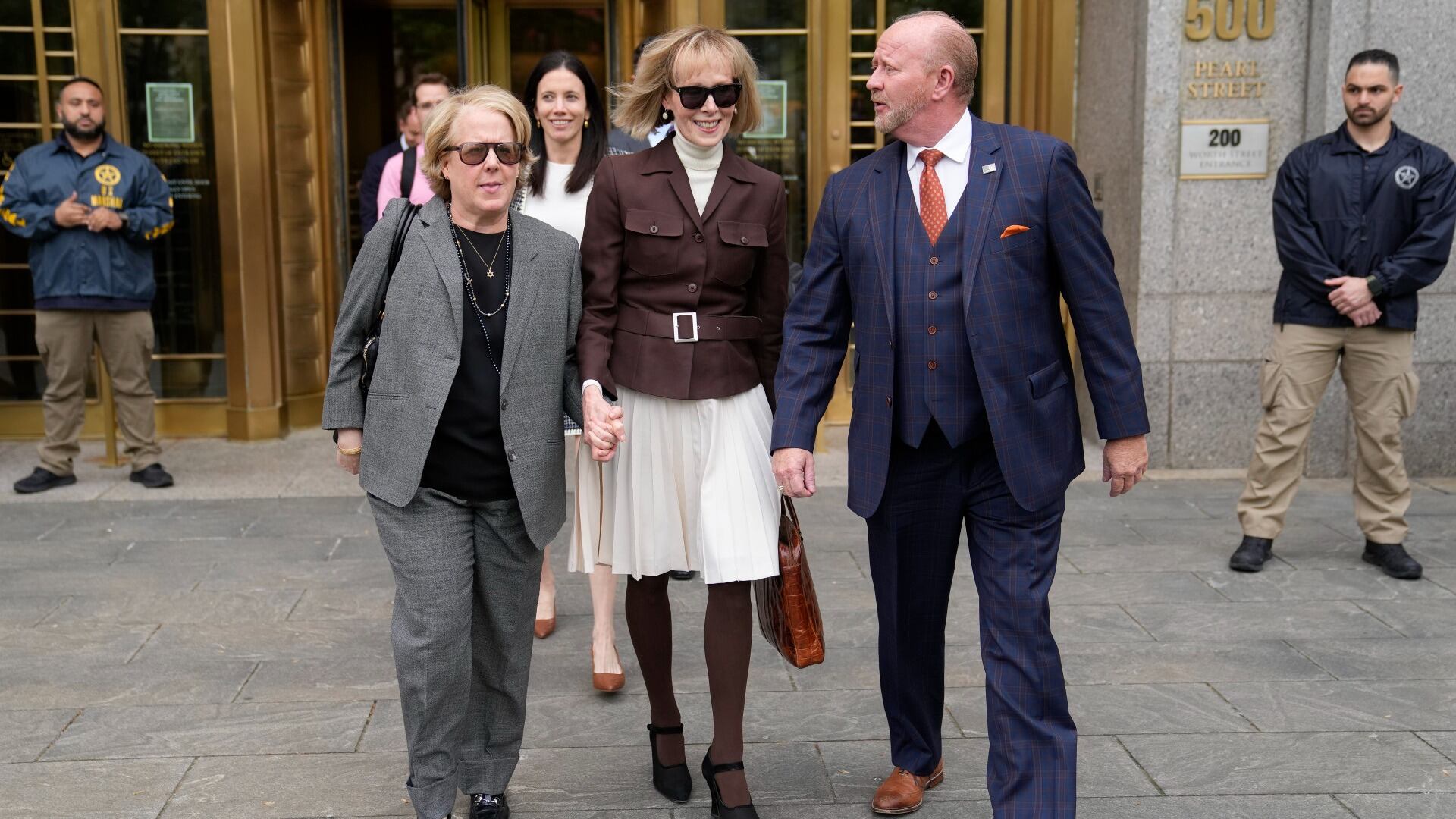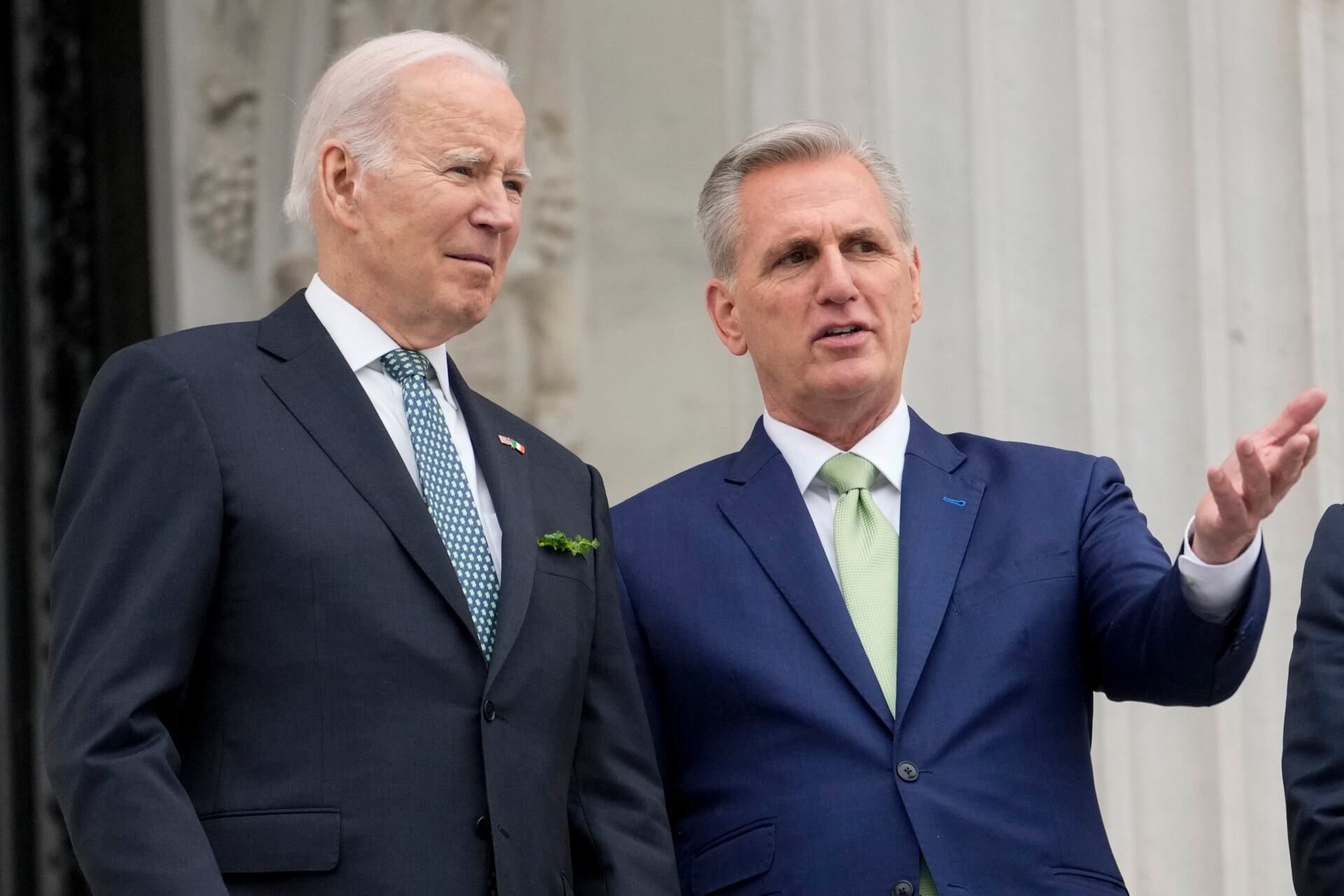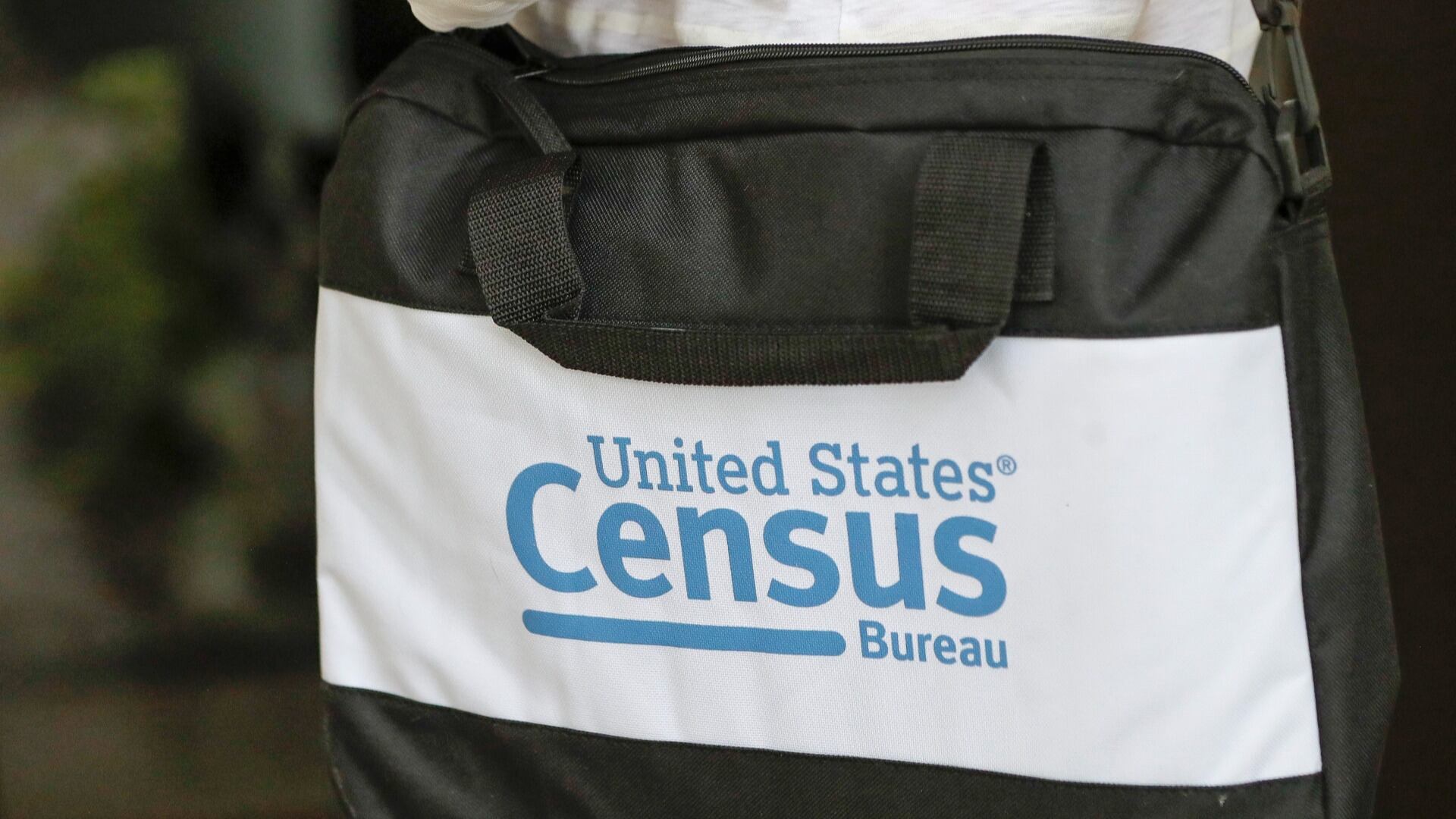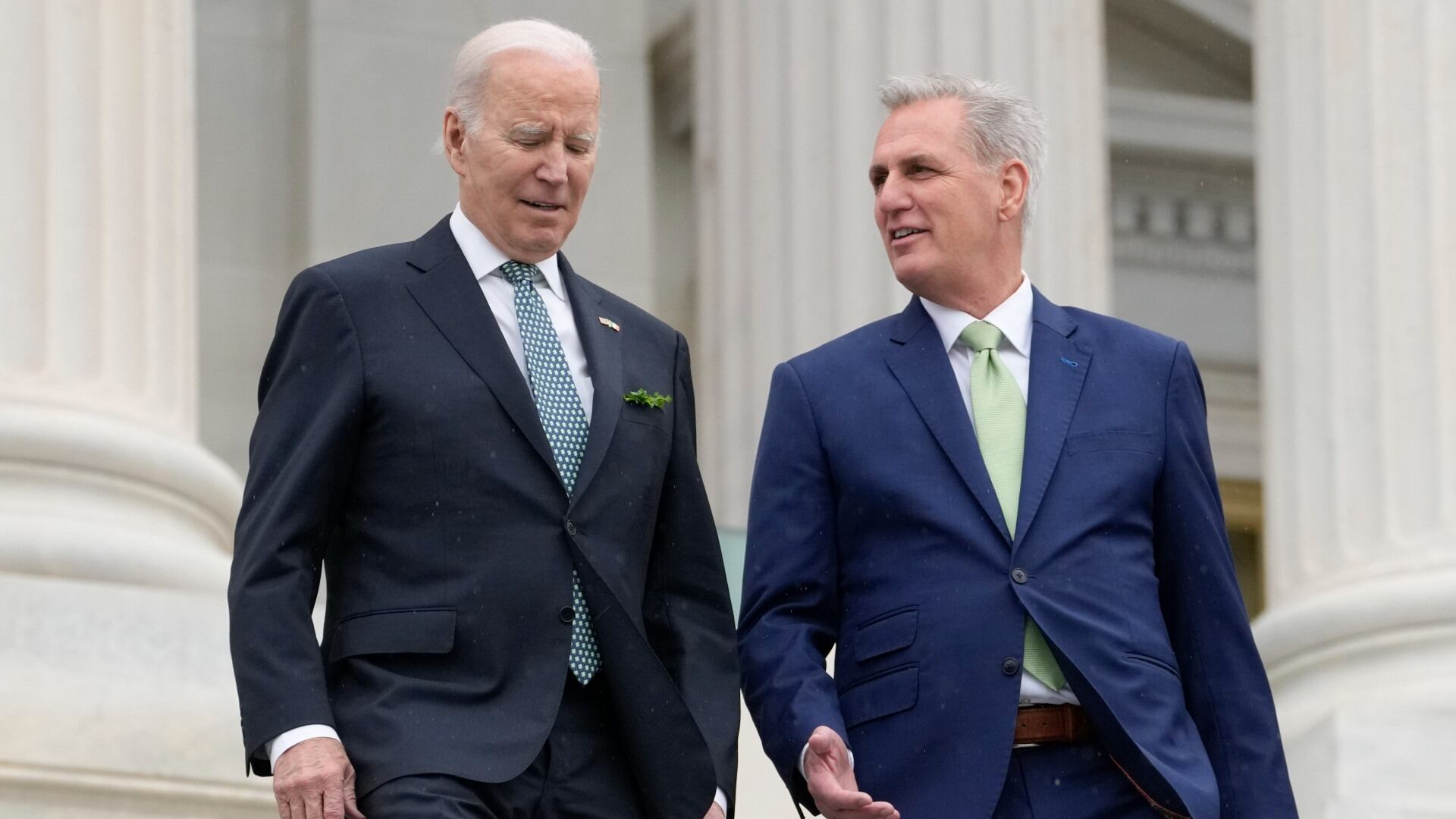President Trump reportedly ordered the firing of Robert Mueller over the summer but reversed course after the White House special counsel threatened to resign. That's according to a recent report in the New York Times. Fordham University Law Professor Jed Shugerman explains the potential legal ramifications of these revelations.
"This now becomes part of a longer timeline for Mueller," said Shugerman. "The statue that covers obstruction of justice depends upon proving that there was a corrupt intent. So the more events that show a corrupt intent the stronger the case would be."
Former White House Communication Director Anthony Scaramucci took to Twitter, tweeting "...@POTUS should be able to have a private conversation with WH Counsel without the content being leaked." Shugerman says presidents can have private conversations, but they cannot conspire to commit felonies.
Officials in Missouri's largest city are moving to declare it a sanctuary for people seeking or providing gender-affirming care, defying state officials who are intent on banning it for minors and restricting it for adults.
The Biden administration on Thursday will begin denying asylum to migrants who arrive at the U.S.-Mexico border without first applying online or seeking protection in a country they passed through.
Federal health advisers said Wednesday that a decades-old birth control pill should be sold without a prescription, paving the way for a likely U.S. approval of the first over-the-counter contraceptive medication.
Rep. George Santos has pleaded not guilty to charges alleging financial fraud at the heart of a political campaign built on dubious boasts about his personal wealth and business success.
The charges are under seal, said th
A jury has found Donald Trump liable for sexually abusing advice columnist E. Jean Carroll in 1996.
Before President Joe Biden and congressional leaders can even try to avert an unprecedented U.S. government default, their initial challenge on Tuesday will be to agree on what exactly they’re talking about as they hold their first substantive meeting in months.
A number of noncitizens appear to have been missed in the 2020 census.
Cheddar News checks in on what to look for on The Day Ahead as President Joe Biden meets with House Speaker Kevin McCarthy to look to resolve the debt ceiling debate. Earnings are also slated to be reported from companies including Airbnb, AMC Networks, Electronic Arts and Nintendo.
The White House and Congress could strike a deal to raise the debt ceiling in exchange for budget cuts.
